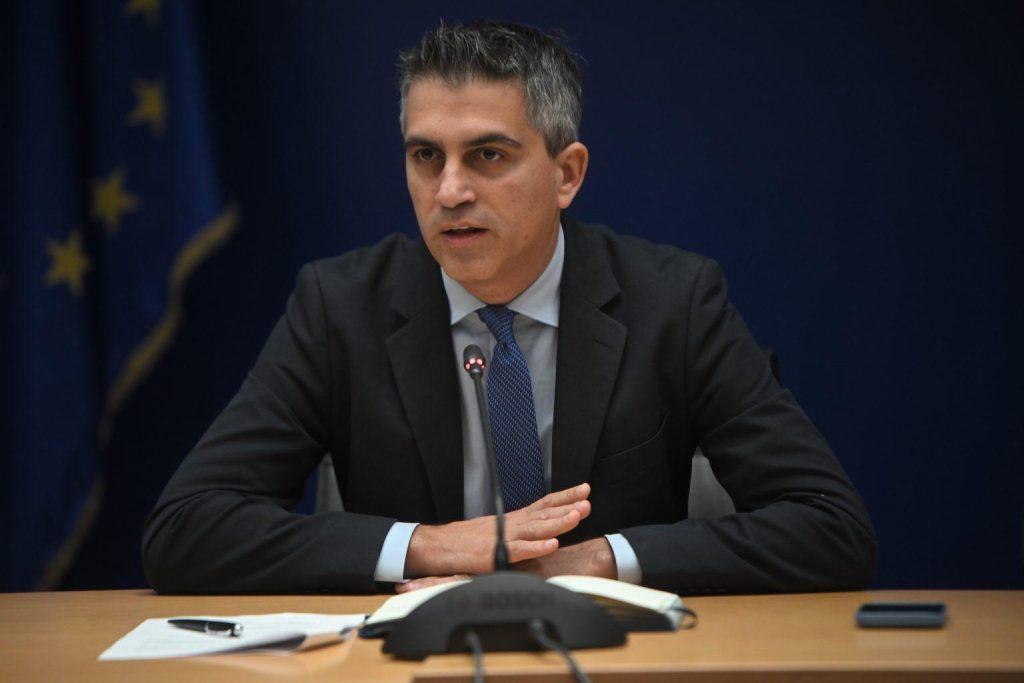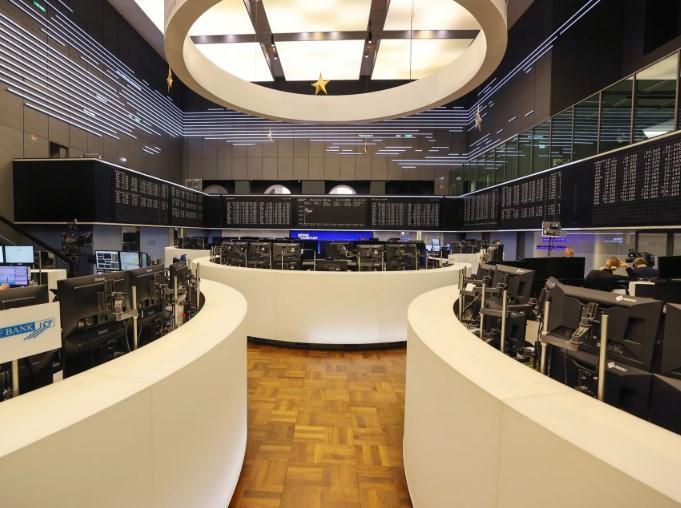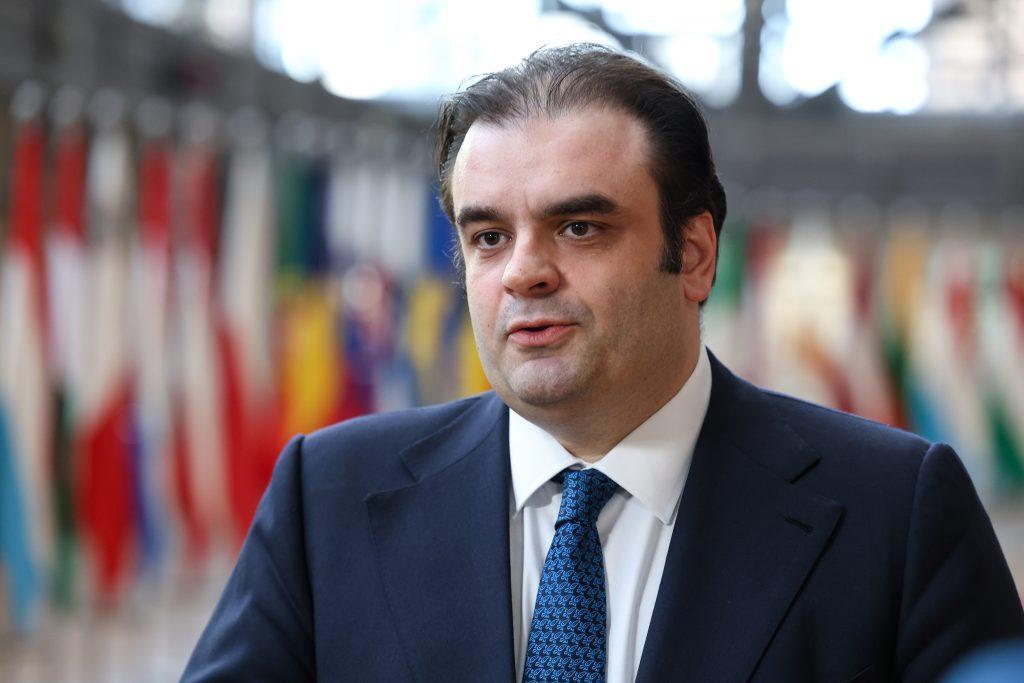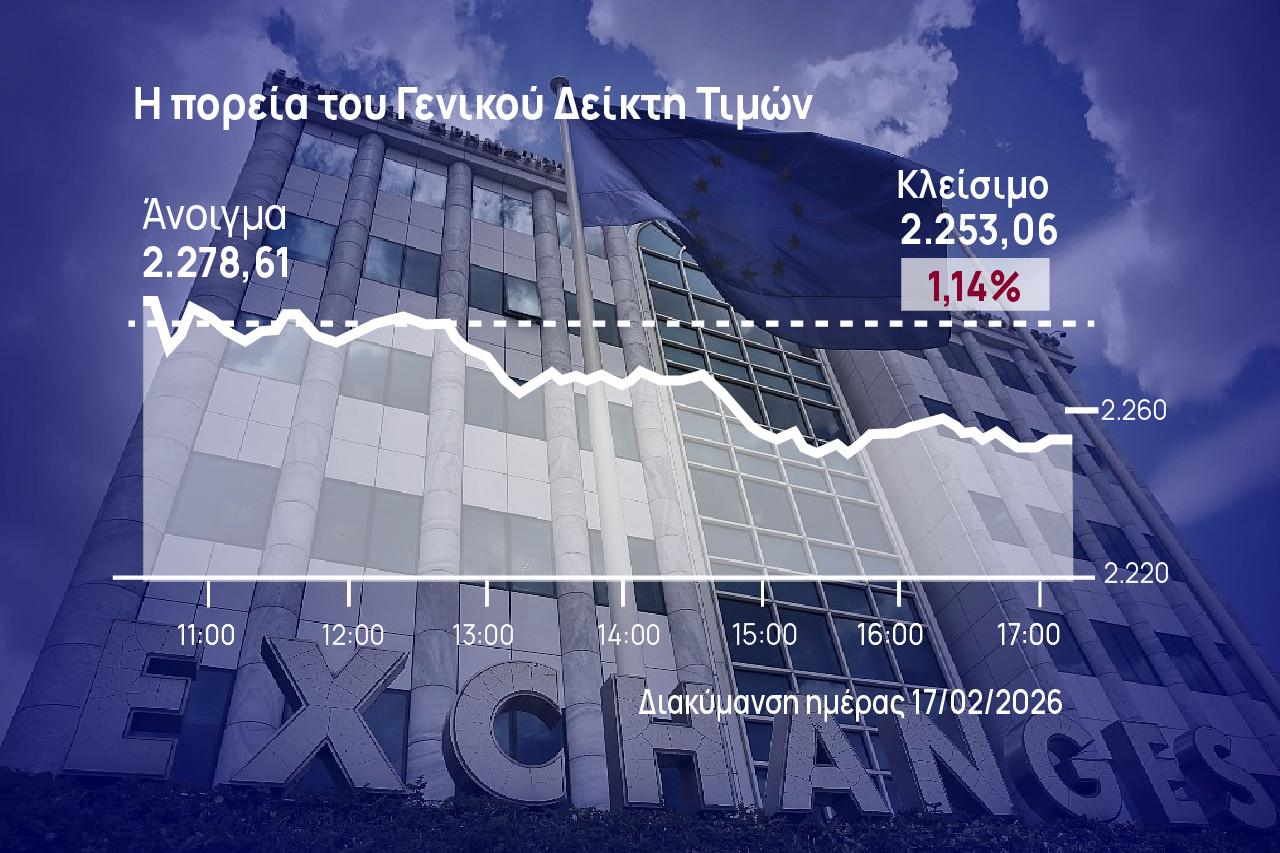According to Societe Generale, Greece and Italy have are in a better position to manage and stabilize their debt within the Eurozone due to their focus on high primary surpluses. This advantage is expected to be further bolstered by the influx of funds from the European Union’s Recovery Fund, benefiting not only Greece and Italy but also Spain.
However, reaching their debt target of 60% of GDP remains a significant challenge, particularly for Greece and Cyprus, which face substantial hurdles in this regard.
Societe Generale explains that member states will now update Stability Programs less frequently, instead opting for multi-year plans every four (or seven) years, encompassing their financial strategies, reforms, and investment initiatives.
Across the Eurozone, weak GDP growth since late 2022 and stagnant employment indicate a subdued economic landscape. While Societe Generale doesn’t foresee a deep recession, prospects for 2025 hinge largely on the extent of planned fiscal tightening.
The bank predicts that, on average, supply rather than demand will be the primary economic driver, with real disposable income set to rise significantly this year thanks to wage growth, lower inflation, increased net interest income, and relaxed fiscal policies. However, there are notable sectoral differences, unlike the demand-driven trend observed in 2022 and early 2023.
Societe Generale estimates that the fiscal deficit will shrink to 3.0% this year and further to 2.6% by 2024, down from 3.4% in 2023, with the fiscal balance expected to narrow by 0.5-0.6 percentage points of GDP.
Looking ahead, Societe Generale anticipates the European Central Bank to commence interest rate cuts starting in June, with quarterly reductions of 25 basis points (or totaling 75 basis points for the year). While ECB President Lagarde hinted at potential rate cuts during the June meeting in her March press conference, she emphasized that such decisions hinge on incoming data.
Source: tovima.com










































